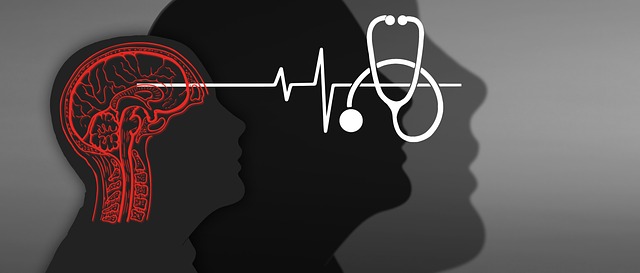Adult alcohol abuse is a serious health condition with severe consequences, but modern therapeutic approaches offer hope. These include self-awareness exercises, mindfulness practices, CBT, and EMDR to address mental health roots and build resilience. Cultural competency training ensures tailored interventions for diverse individuals. Creating a supportive ecosystem involves therapy sessions, stress management workshops, public awareness campaigns, and support groups, all focusing on personalized recovery and preventing future abuse.
Substance abuse poses significant risks, particularly among adults. This article delves into comprehensive strategies to mitigate these dangers, focusing on adult alcohol abuse as a case study. We explore therapeutic approaches proven effective in treating alcohol addiction, emphasizing cognitive-behavioral therapy and motivational interviewing. Additionally, we discuss the vital role of building a supportive ecosystem, encompassing family involvement, peer groups, and access to quality healthcare, in fostering successful recovery for adults struggling with alcohol abuse.
- Understanding Adult Alcohol Abuse and Its Risks
- Therapeutic Approaches for Effective Risk Reduction
- Building a Supportive Ecosystem for Recovery
Understanding Adult Alcohol Abuse and Its Risks

Adult alcohol abuse is a complex issue with far-reaching consequences. It’s more than just excessive drinking; it’s a chronic condition that can significantly impact an individual’s physical and mental health, relationships, and overall quality of life. Understanding this problem requires recognizing its various risks, which can include liver damage, cardiovascular issues, cognitive impairment, and mental health disorders like depression and anxiety. The good news is, therapy for adults with alcohol abuse is available and effective.
Empathy building strategies, integrated into therapeutic programs, play a crucial role in helping individuals overcome their struggles. Mental health education programs designed to provide insights into the triggers and effects of alcohol abuse can empower people to make informed choices. Moreover, confidence-boosting techniques are essential for fostering self-esteem and resilience during recovery. These holistic approaches, combined with professional counseling, support groups, and medical interventions when necessary, offer a comprehensive strategy to mitigate the risks associated with adult alcohol abuse.
Therapeutic Approaches for Effective Risk Reduction

Therapeutic approaches play a pivotal role in effective risk reduction for adults struggling with alcohol abuse. Beyond traditional treatments, many modern therapies are geared towards empowering individuals to develop self-awareness and learn coping mechanisms. Self-Awareness Exercises have proven to be particularly beneficial, enabling individuals to recognize triggers and modify behaviors before they escalate into problematic drinking patterns. These exercises often involve mindfulness practices, meditation, and journaling, which foster a deeper understanding of one’s emotional responses and thought processes.
Moreover, Healthcare Provider Cultural Competency Training has emerged as an essential component in addressing alcohol abuse. By equipping healthcare professionals with the knowledge to understand and respect diverse cultural perspectives on substance use and recovery, these training programs ensure that therapeutic interventions are tailored to individual needs. Additionally, Emotional Healing Processes are integral to comprehensive treatment plans. Techniques such as cognitive-behavioral therapy (CBT), motivational interviewing, and eye movement desensitization and reprocessing (EMDR) help individuals process past traumas, manage stress, and build resilience, all of which contribute to lasting risk reduction for alcohol abuse.
Building a Supportive Ecosystem for Recovery

Creating a supportive ecosystem is an essential strategy in the battle against substance abuse. This involves fostering an environment that encourages and aids individuals in their recovery journey. One powerful tool is therapy for adults with alcohol abuse, which provides a safe space for individuals to explore underlying issues, develop coping mechanisms, and build inner strength. Through personalized therapy sessions, individuals can address the psychological aspects of addiction, learn healthy ways to manage stress, and gain insights into their personal triggers.
Additionally, public awareness campaigns play a pivotal role in promoting understanding and reducing stigma. These campaigns can educate communities about the realities of substance abuse, encouraging empathy and support for those seeking help. Moreover, organizing stress management workshops can empower individuals with practical tools to cope with daily stressors, minimizing the risk of turning to substances as a coping mechanism. By combining therapy, awareness, and education, we can create a supportive ecosystem that not only aids in recovery but also prevents future instances of substance abuse.
Substance abuse carries significant risks, but with tailored strategies, these can be mitigated. Understanding adult alcohol abuse, employing therapeutic approaches like cognitive-behavioral therapy for adults with alcohol issues, and fostering a supportive ecosystem are key to effective risk reduction. By implementing these measures, we can significantly enhance the path to recovery and improve overall well-being. Therapy for adults alcohol abuse plays a pivotal role in navigating this challenging landscape and fostering lasting change.














